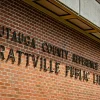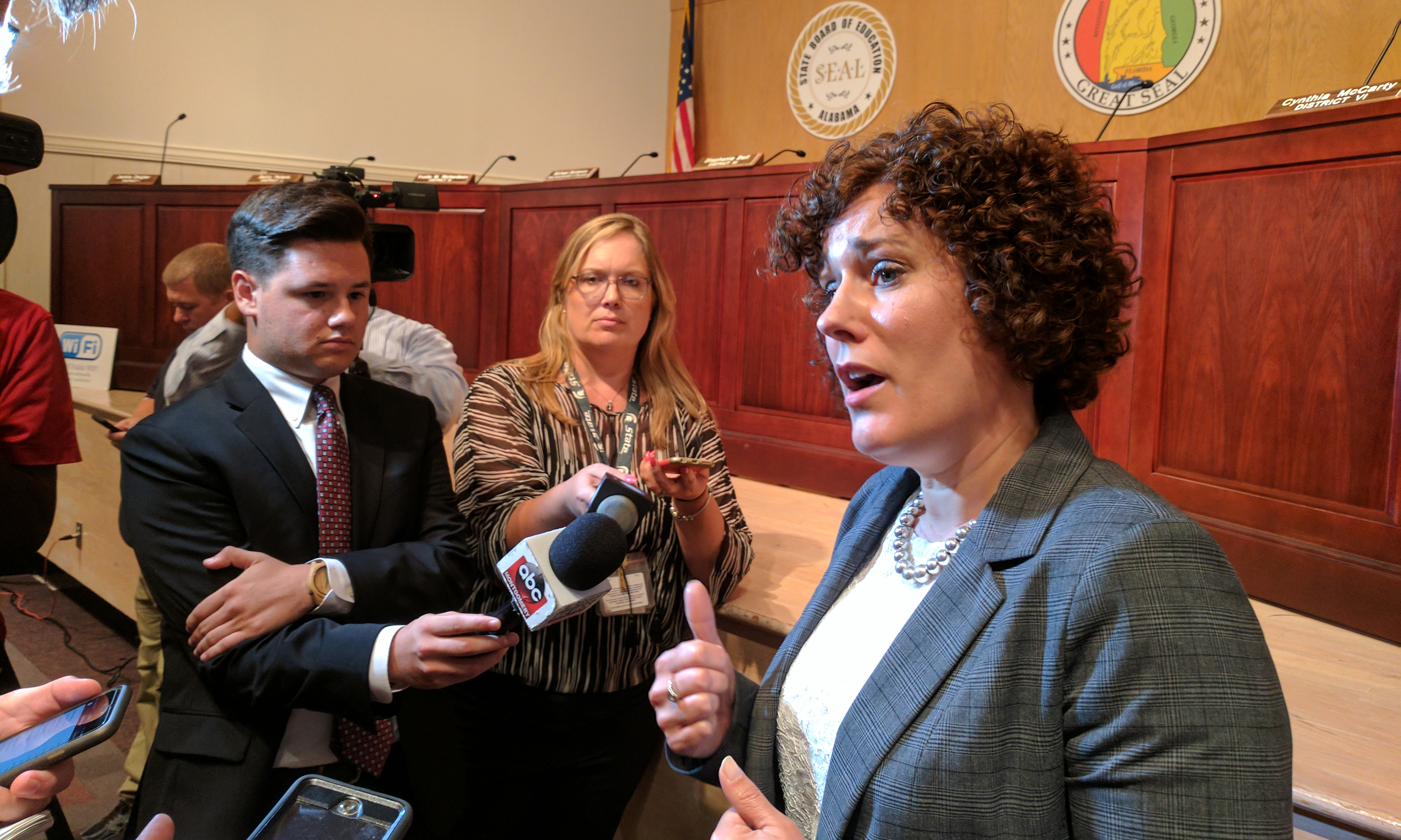By David Nichols
The first week in January the anticipated list of Alabama’s failing schools was released. The list identifies the 75 lowest performing public schools in the State. School superintendent in districts in which these schools were located were indignant with outcries such as “We have many good things happening at our schools.” The truth is that these 75 and hundreds of other Alabama schools not on the list are failing to adequately prepare children in reading, English, math, science, social studies and basic technology. Upon close examination of reliable performance data the reality is dismal. Education leadership in Alabama is inept and lacking accountability.
As if to preempt the release the list of failing schools, the Alabama Education News (AEN), a publication of the Alabama State Department of Education (ALSDE), December, 2016 edition highlighted the progress of student academic performance made on the ACT Aspire assessment (2014- 2016). The report reads: “Alabama public school students have completed the third year of the ACT Aspire and the results show progress towards increased achievement.” The term “progress” begs clarification. The AEN reports modest increases in performance percentages in a few grades with some grades and/or subjects showing declines. The report depicts “ready or exceeding on assessment” in grades 3 through 8 average scores for reading and science. Not one grade reaches 50 percent readiness. Math percentages show only 3 grades scoring above 50% in 2016.
It is important to understand the origin and facts about the issues associated with the new ACT Aspire assessment. The assessment was developed by ACT to align with the “Alabama College and Career Ready Standards” which are incorporated into the controversial nationally developed so-called “Common Core State Standards” (CCSC). The development of these was spearheaded by former Superintendent of the US Department of Education (US DOE) Arne Duncan. Though Governors and Chief State Education Officers were briefed on the standards and tacitly approved them, Duncan recruited individuals from education, business, technology and other professions to meet in Washington DC to craft these standards and presented them to states for approval. These standards were adopted by 42 states. The opposition to the standards was local and statewide across the country. The CCSC standards make it difficult to compare to any previous state and/or national standards assessments, thus creating confusion and contention on the reliability of student progress results. Former Alabama State Superintendent of Education Tommy Bice bamboozled the Alabama Board of Education and district Superintendents as he promoted the merits of Common Core. Then following ALSDE officials touting graduation scores as the third highest in the country the US DOE’s Office of Inspector General’s audit revealed that Bice had inaccurately awarded diplomas to students who had not completed the required work.
Alabamians have been misled. The truth about Alabama schools is that students are failing at unconscionable rates. Educators have been subjected to far too many changes by state and federal mandates, standards and policies. Many thousands of students are not learning to read on grade level by the 4th grade and this is a strong indicator that their success in other subject areas will be unlikely. One of the nation’s oldest and most reliable measurements of student progress is the National Assessment of Educational Progress (NEAP). It has been the largest nationally representative and continuing assessment of what America’s students know and can achieve in in all basic subject areas since 1969. The NAEP 2015 report on student performance rankings showed Alabama fourth grade students ranked 40th in reading and 51st in math.
A feasible plan to substantially improve Alabama schools will require Superintendent of Education Michael Sentance to exert strong leadership to get to the root of the deplorable failure of student in many Alabama schools. He should persuade active support of the governor, state legislators, State Department of Education officials, Alabama State Board of Education members, district superintendents, all education groups and parents to demonstrate their united support to do what is necessary to rescue Alabama’s students who deserve better.
Dr. David Nichols is a retired education leader at every level from elementary through graduate school in Alabama, served as an author on school-related topics, presenter to groups of educators, and served on two Alabama local school boards. He also served as the Associate Dean of Students at Samford University.




















































